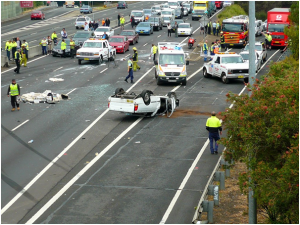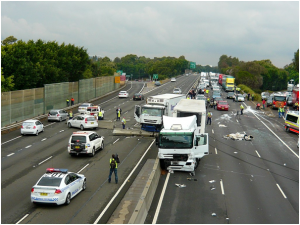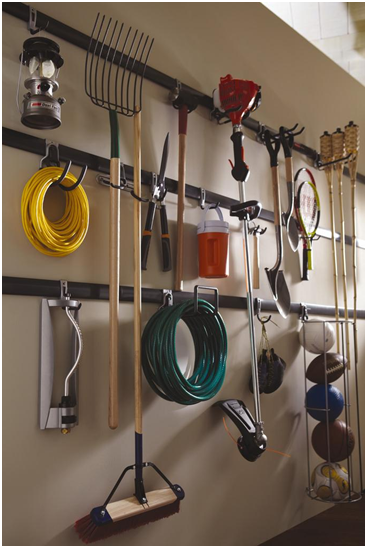Unfortunately, motorway accidents happen all the time. Although it’s not a topic of conversation we like to have, it is wise to make sure you know what to do in the unlikely event that one does happen.

Most people are insured against an accident but do not actually know what to do if one occurs!
Here are a few tips on what to do in the event of a motorway accident.
1. Immediate next steps after a motorway accident
First, stop the car; it is a criminal offense to do otherwise. Then, turn off the engine and switch on the hazard lights. If you have chapter 8 chevrons, use them to make your car visible to other drivers. If required, take pictures of the accident at the scene, especially of any damage done to the car or anything you may think have caused the accident, such as potholes. For additional information on emergency kits, please see https://www.vehiclechevrons.com/.

Image Credit
2. Who to Call
If anyone has been injured or you suspect foul play of any kind, call the police on the spot. Please note that all motor accidents are required to be reported to the police within 24 hours of an accident. Failure to do so could result in penalty points, disqualification or a fine. For more information on what to do in the event of a motorway accident, please see https://www.gov.uk/guidance/the-highway-code/breakdowns-and-incidents-274-to-287.
3. What details to collect
Exchange details of name, address and registration number of all vehicles involved. Until the full details of the accident have been ironed out, do not apologize or accept you are at fault as this could be used against you later. Be sure to get the contact details of other passengers and witnesses to the accident.
4. After the accident
Contact your insurance company as soon as possible after the accident, giving them all the information you collected at the scene to kick start your insurance claim if applicable, but ensure you contact them within the period set out in your insurance policy or your claim could be invalid.
Part of being road fit and safe is having an emergency kit in the car at all times. Amongst many necessities, the kit should include emergency flares and reflectors for increased visibility, which is very important at night or on a foggy winter day.

